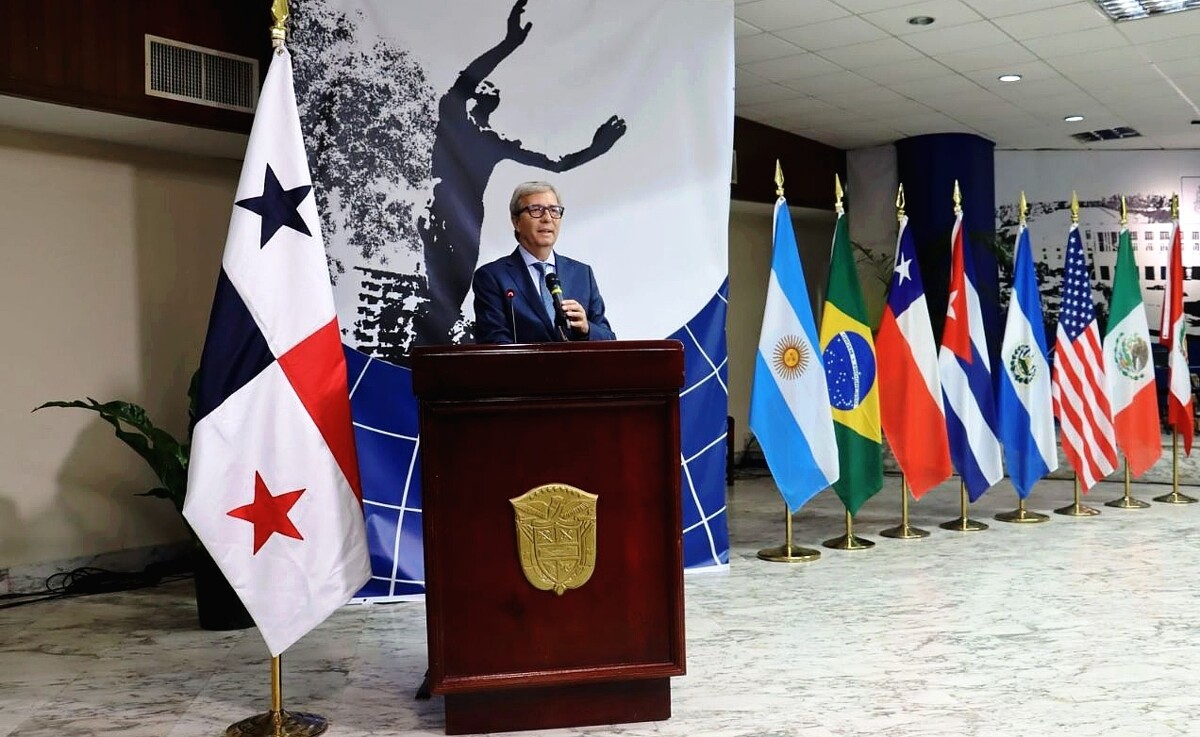
The rector of the University of Córdoba, Argentina, Jhon Boretto, highlighted the importance of higher education as a driver of social mobility, but emphasized the need to implement strategies that reduce inequalities between regions and socio-economic sectors. During his intervention at the International Summer School of the University of Panama, Boretto reflected on the relevance of the University Reform of 1918 in the current context.
According to Boretto, the University Reform of 1918 represented a milestone in higher education in Latin America by establishing principles such as university autonomy, student co-governance, and university extension. More than a hundred years later, these tenets continue to influence educational institutions and are fundamental to addressing contemporary challenges arising from scientific and technological advances.
Boretto stressed that artificial intelligence, biotechnology, and Industry 4.0 have generated profound changes in society, transforming labor structures and redefining the conception of knowledge. In the face of these challenges, universities must demonstrate a flexible and innovative attitude to tackle these transformations.
In his presentation, the rector underscored the close relationship between democracy and higher education, highlighting that university autonomy can only thrive in democratic environments. The quality of democracies directly influences the capacity to guarantee a free, critical, and transformative education.
Boretto emphasized that the University Reform of 1918 should not be considered as a static historical fact, but as a constant commitment to improvement and adaptation. For him, universities have the responsibility to innovate, review their policies, and ensure quality education in a dynamic and ever-evolving world.














